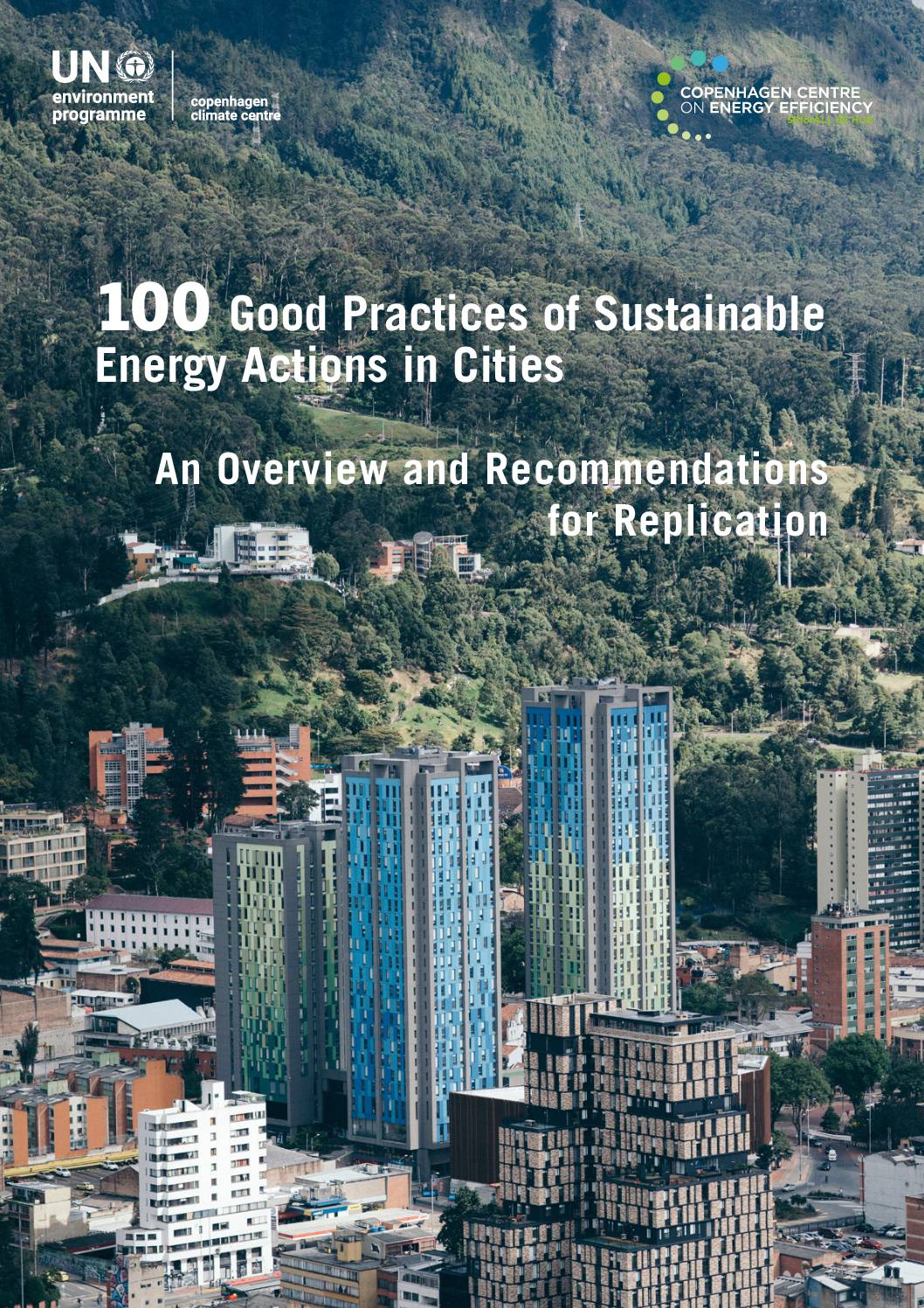Cities are the centres of human activities, responsible for a significant proportion of global energy use, and therefore GHG emissions. The World Bank estimates that in 2021, 57 per cent of the global population was living in cities, and the trend of global urbanization is expected to continue in the decades to come (World Bank, n.d.). The urban heat island effect magnifies the impact of climate change, resulting in cities becoming more exposed to extreme weather patterns. Many cities have set ambitious climate goals, leading the clean-energy transition towards net zero emissions.
Energy efficiency is known as the “first fuel” because it is virtually available everywhere, with the advantage that it has multiple environmental and social benefits, among others. However, cities often face information, financial, and capacity barriers in energy-efficiency implementation, especially at scale.
In line with the global trend of increasing climate change mitigation actions, some cities are successfully implementing energy-efficiency policies, programmes, and projects. Through their innovative business models, contractual arrangements, and financial solutions, they can help showcase the way forward for other cities struggling to unlock opportunities for energy efficiency.
The Copenhagen Centre on Energy Efficiency (C2E2) is the SEforALL Energy Efficiency Hub and has the mandate of advocating and supporting the achievement of SDG 7.3 – doubling the global rate of energy-efficiency improvement. Between 2018 and 2021, C2E2 used a standard template to
systematically collect good practices of energy-efficiency actions in cities and published them on the Knowledge Management System, available at https://c2e2.unepccc.org/collection/good-practices-of-cities/.
The C2E2 team gathered 100 good practices through extensive online searching and desk research, aiming to provide a valuable source of information for governments and other stakeholders interested in developing and boosting energy-efficiency actions in cities.
This report summarises the 100 good practices available in the C2E2 collection. Based on the analysis, the report also provides recommendations on replicating the good practices and scaling up energy-efficiency actions in cities.
Download sourceShare this

Sectors: Cities, Cross cutting
Country / Region: Global
Tags: cities, climate change, emissions, energy, extreme weather events, implementation, knowledge management, mandates, stakeholdersIn 1 user collection: C2E2 Publications
Knowledge Object: Cities Cluster, Publication / Report
Published by: Copenhagen Centre on Energy Efficiency
Publishing year: 2023
Author: Begonia Gutiérrez Figueroa, Xianli Zhu


